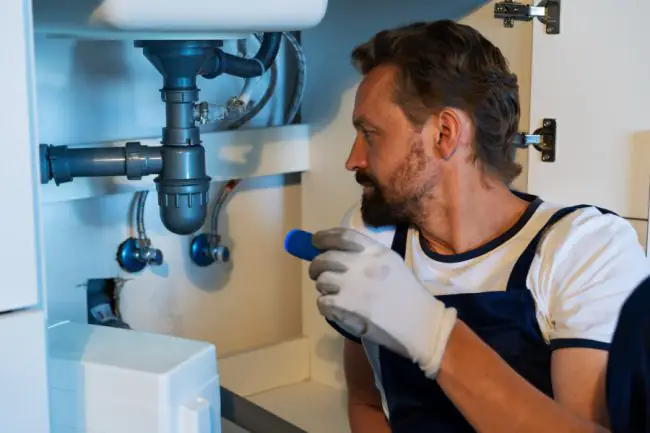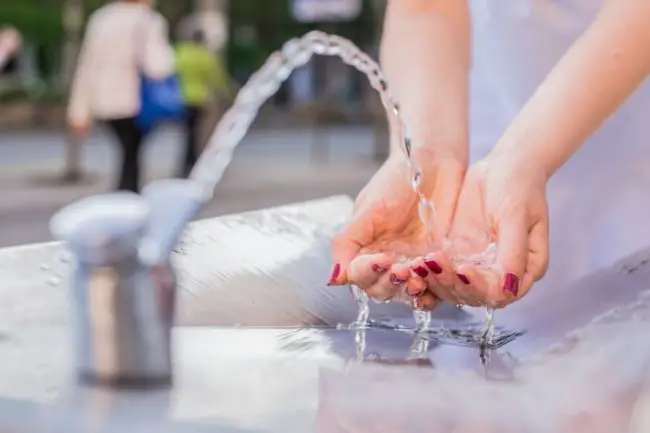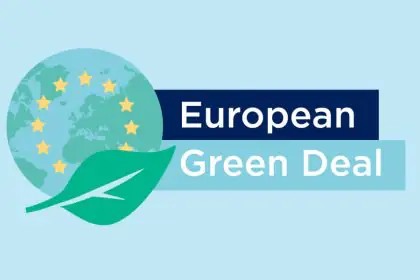Access to clean drinking water is becoming more critical with each passing year. As our global population grows, natural water sources are increasingly threatened by pollution, climate change, and outdated infrastructure.
The future of clean drinking water, the challenges we face, and why water purifiers are an essential solution in maintaining a healthy and sustainable lifestyle. In 2024, water purifiers will play a vital role in ensuring the safety of our drinking water, turning it from a convenience into a necessity.
Global Water Crisis
The global water crisis is intensifying.
Over 2 billion people worldwide lack access to safe drinking water. In Spain, regions like Andalusia and Murcia face periodic droughts, exacerbating water scarcity.
In these areas, clean water is often limited, making water purifiers indispensable for families seeking a reliable and safe water source.
Impact of Pollution on Clean Water
Water pollution is another growing concern. Contaminants like heavy metals, chemicals, and microplastics have infiltrated freshwater sources, making it difficult for traditional water treatment plants to filter them effectively.
This is where water purifiers come in, as they provide an additional layer of protection by filtering out pollutants from our drinking water. For households across Spain, water purifiers are quickly becoming a must-have appliance.
Infrastructure Challenges in Providing Clean Water
Aging water infrastructure presents another obstacle. In many regions, including parts of Spain, outdated pipelines and water treatment systems struggle to maintain consistent water quality. As a result, households that rely on municipal water supplies often experience pollution issues. By installing water purifiers, families can ensure their tap water is safe to drink, regardless of external challenges.
Innovative Technologies for Clean Water
Advancements in Water Filtration Systems
The technology behind water purifiers has evolved significantly in recent years. Modern systems now use advanced filtration techniques like reverse osmosis, activated carbon filters, and UV sterilization. These technologies can remove pollution such as bacteria, viruses, and even microscopic pollutants like microplastics. Investing in water purifiers means accessing safer, cleaner water straight from the tap.
Role of Nanotechnology in Water Purification
One of the most exciting advancements in water purification is nanotechnology. Nanomaterials, such as graphene, have been developed to filter pollution at a microscopic level. This makes water purifiers equipped with nanotechnology more efficient and affordable than ever. In 2024, we can expect to see water purifiers with these capabilities becoming more common in households worldwide.
Use of Solar Desalination for Clean Water
Another promising innovation is solar desalination, a process that uses solar energy to convert seawater into clean drinking water. In coastal regions of Spain, where freshwater resources are scarce, solar-powered water purifiers could offer a sustainable solution. These systems harness renewable energy, reducing the environmental impact while providing an essential resource.
Sustainable Solutions for Clean Water
Importance of Water Conservation in Ensuring Clean Water
While water purifiers are important, they are only one part of the solution. Water conservation is equally important in preserving clean drinking water for future generations. By practicing responsible water use installing low-flow taps, fixing leaks, and collecting rainwater households can reduce their environmental footprint and protect local water sources. Combining conservation efforts with water purifiers creates a more sustainable approach to water use.
Community-Based Approaches to Clean Water Initiatives
Community-driven efforts can also enhance clean water access. Local initiatives, such as educational programs or community clean-ups, raise awareness about water quality issues and encourage sustainable practices. In Spain, several rural regions have adopted these programs to tackle pollution and protect water sources. Water purifiers also play an important role in these initiatives, offering a reliable solution for homes and public institutions alike.
Role of Corporate Social Responsibility in Promoting Clean Water
Corporations are recognizing their responsibility in the clean water movement. Many companies are investing in sustainable water purification technologies or partnering with nonprofits to fund projects that ensure access to clean water in underserved areas. Some businesses are even donating water purifiers to communities affected by water pollution, illustrating the important role that the private sector can play in addressing this global issue.
Impacts of Climate Change on Clean Water
Rising Temperatures and Water Quality
Climate change has a profound effect on water quality. Rising temperatures lead to increased evaporation, reducing the availability of freshwater. Algal blooms are becoming more common in reservoirs and lakes, contaminating drinking water supplies. In such cases, water purifiers equipped with specialized filters can remove toxins produced by algae, making them a necessary addition to homes in affected areas.
Extreme Weather Events and Water Supply Disruptions
Climate change is also causing more frequent and severe weather events, such as floods and droughts, which disrupt water supplies. In times of natural disaster, access to clean drinking water becomes even more critical. For households living in areas prone to these disruptions, having water purifiers on hand can ensure continuous access to clean water, even when local supplies are compromised.
Resilience Strategies for Clean Water in a Changing Climate
Governments and environmental organizations are working on resilience strategies to ensure clean water access in a changing climate. This includes updating infrastructure, investing in renewable energy-powered water purifiers, and promoting community-based water management. At the household level, investing in reliable water purifiers is one of the simplest and most effective ways to boost water resilience.
The Future Outlook for Clean Water
Global Initiatives Towards Sustainable Water Management
On a global scale, water conservation efforts are taking center stage. The UN’s Sustainable Development Goal 6 calls for universal access to clean and affordable drinking water by 2030. In Spain, several initiatives focus on water conservation and improving infrastructure to provide better access to clean water. For individuals, water purifiers offer a practical way to contribute to these global efforts.
Technological Innovations Shaping the Future of Clean Water
As technology continues to evolve, we can expect further advancements in water purifiers. AI-powered systems that monitor water quality in real time are becoming more accessible. These innovations ensure that pollutants are detected early, providing peace of mind for households that prioritize clean drinking water. As these technologies become more widespread, water purifiers will continue to be at the forefront of ensuring safe water for all.
Collaborative Efforts for Universal Access to Clean Water
The future of clean drinking water requires collaboration between governments, nonprofits, businesses, and individuals. By supporting water preservation, upgrading infrastructure, and adopting water purifiers, we can work toward a future where everyone has access to clean, safe water. As the challenges of climate change and pollution grow, water purifiers will play an increasingly important role in ensuring that clean water remains accessible.
Conclusion
As we move into 2024, the future of clean drinking water faces many challenges, including pollution, climate change, and aging infrastructure. However, water purifiers offer an essential solution to these problems, providing individuals with the tools they need to access safe, clean water. Whether it’s through cutting-edge technologies like nanotechnology or solar-powered desalination, water purifiers will continue to be essential in ensuring a sustainable and healthy future for all.
FAQs
What is the future of water purification?
The future of water purification includes innovations in nanotechnology, solar desalination, and AI-powered systems that monitor water quality in real time.
What is the latest technology for water purification?
Advanced technologies include nanomaterials, solar desalination, and UV sterilization, all of which are now integrated into the latest water purifiers.
Is there a water shortage in Spain in 2024?
Yes, some regions in Spain, particularly the southern areas, experience water shortages. Water purifiers can help ensure clean water access despite these challenges.
How long until we run out of clean drinking water?
If current consumption and pollution rates continue, many areas could face water shortages within the next few decades. Water purifiers will be key in maintaining access to clean water.
What will happen to drinking water in the future?
With the right technological advancements and conservation efforts, we can work towards a future where water purifiers help mitigate the effects of climate change and pollution on water quality.







